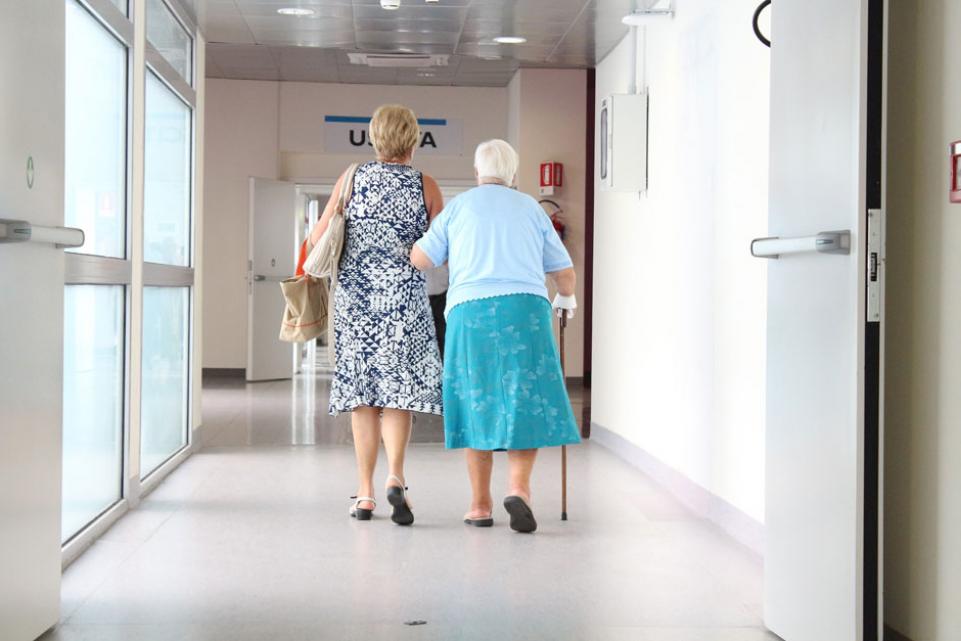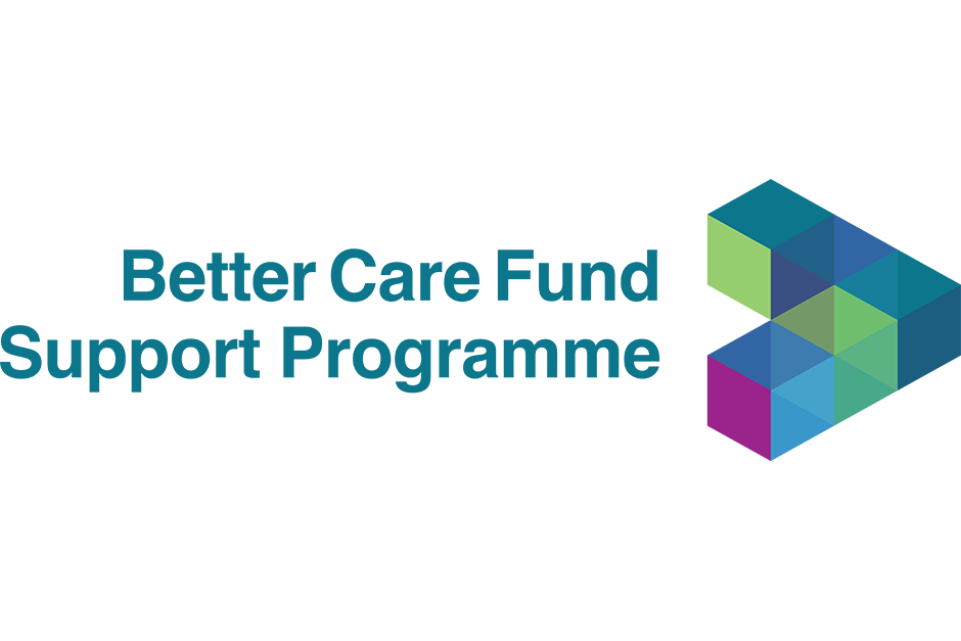Robust patients flow models for health and social care, including electronic patient flow systems, enable teams to identify and manage problems (for example, if capacity is not available to meet demand) and to plan service around the individual.
Some things that people have told us about what works and how to overcome the challenges
- developing a whole-system demand and capacity plan, showing trends across the system, and all possible impacts, including safeguarding concerns, or potential care home collapse
- exploring differences between discharges from medical or surgical wards
- sharing real time information – using data as an objective record to help dispel any lack of trust
- developing alternative ways of thinking about options, such as live-in care.
National guidance and tools
- NHS Improvement, Transforming urgent and emergency care services in England
- NHS Improvement, Emergency Care Improvement Programme, Rapid Improvement Guide: the SAFER Patient Flow Bundle
- NHS Improvement, Emergency Care Improvement Programme, Rapid improvement guide to red and green bed days
- NHS England, quick guide to supporting patients’ choices to avoid long hospital stays
- NICE and Social Care Institute for Excellence, quick guide to moving between hospital and home, including care homes
- NHS Improvement, Good practice guide: focus on improving patient flow and case studies
- Nuffield Trust, Understanding patient flow in hospitals
- Transforming urgent and emergency care services in England: consolidated channel shift model user guide
- Urgent and emergency care consolidated channel shift model user guide
Examples of local initiatives
Featured pages

High impact change model examples of emerging and developing practice
The model identifies eight system changes that will have the greatest impact on reducing delayed discharge.

Better Care Fund Support Programme 2023-25
Commissioned by the Department of Health and Social Care (DHSC) and free to local systems, we provide a range of support approaches to local health and social care systems to improve how they commission and deliver health and care services which is integrated, effective and sustainable.

